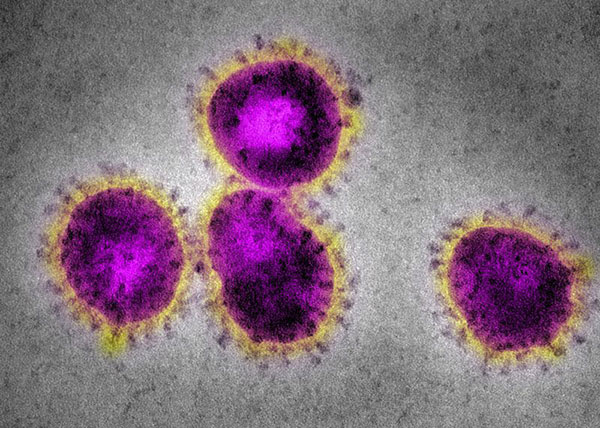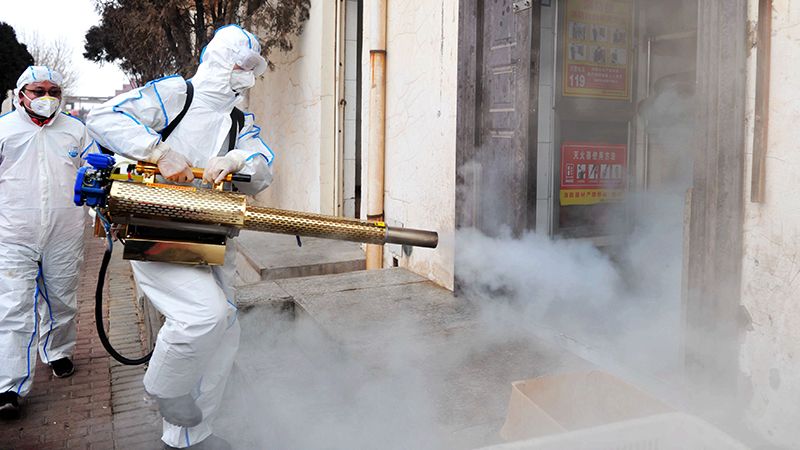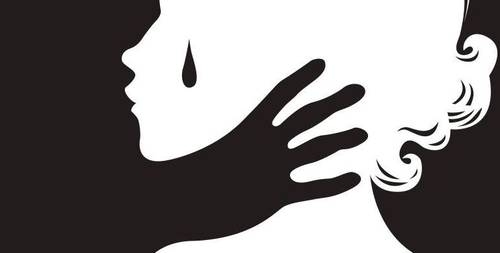Coronaviruses are a group of viruses, named so due to a crown or halo-like structure observed under the microscope. Scientists have documented seven different coronaviruses. but the Coronavirus that has come to light recently, is a novel coronavirus that has been observed for the first time.

The complication in viral diseases is that it is difficult to target viruses, since they are capable of rapid evolution and mutation, thus making it much harder to target any particular proteins in the coats, or a particular gene. This means it takes considerable research to develop proper vaccines, treatment techniques, and detection systems for viral diseases, especially to ensure that they work despite the mutations.
The newly found coronavirus is referred to as the 2019-nCoV. It originated from the city of Wuhan in China. Although initially it is believed to have originated from bats and snakes, scientists suspect that the close proximity between an infected animal and humans resulted in a mutated version of the coronavirus. The Al Jazeera reports a death toll of over 304 and 14,380 people have been confirmed as infected, at the time of writing. Wuhan has been quarantined, and almost all international transport from China has been stopped to prevent the spread of the virus.
Just like how common cold propagates, the virus can be transmitted via air droplets due to cough or fluids, or contact with a carrier or an infected person.
The Coronavirus has rapidly spread not only through Chinese citizens, but slowly newer cases have been reported worldwide too.

A worker disinfects a neighbourhood in Qingdao, in east China's Shandong province. Credit: Yu Fangping/Utuku/Ropi/Zuma/eyevine
The Centers for Disease Control and Prevention (CDC) reports the symptoms of the novel coronavirus to include fever, cold and shortness of breath. In more severe cases, it can lead to pneumonia, severe acute respiratory syndrome, kidney failure, and even death.
The World Health Organisation declared a status of Global Emergency on 30th January, 2020. WHO has declared it as a “public health emergency of international concern” (PHEIC), which is its highest level of alarm, to help coordinate an international response.
The scientific community is hard at work to prevent further deaths, hoping to save the lives of infected patients and discover preventive measures.
Currently, there are no certain cures for this viral disease, but symptomatic relief can be offered under proper medical supervision.
It is recommended by WHO to follow systematic hygiene to prevent the spread of the virus. This includes hand and respiratory hygiene, and safe food practices. Wash hands regularly with soap or hand sanitizer. Maintain at least a 6 feet distance with anyone who is coughing, or have a fever or cold, general advice for avoiding even the common viral cold or fever. Avoid consumption of raw or uncooked animal products to prevent cross-contamination, and ensure safe food practices.
If you have come into contact with someone from China or someone who seems to be suffering from the symptoms, and doubt that you have the disease, please immediately arrange for a doctor’s appointment. First call them to make sure they have a sterile and isolated situation in case you really are infected. Also, mention prior travel history clearly.
Despite the whole world holding it’s breath, a lot of news has been circulated through social media and other sources. There have been considerable amounts of sensational clickbait going around the internet, so if you come across them, do not panic and click them. If you wish to follow news updates about the novel Coronavirus, please do so from reputed sources directly.
Do stay vigilant, but there is no need for unnecessary anxiety.
Humanity will persevere through this trial by viruses and pull through as it consistently has.
Our sincerest prayers and thoughts for the affected and their families.





